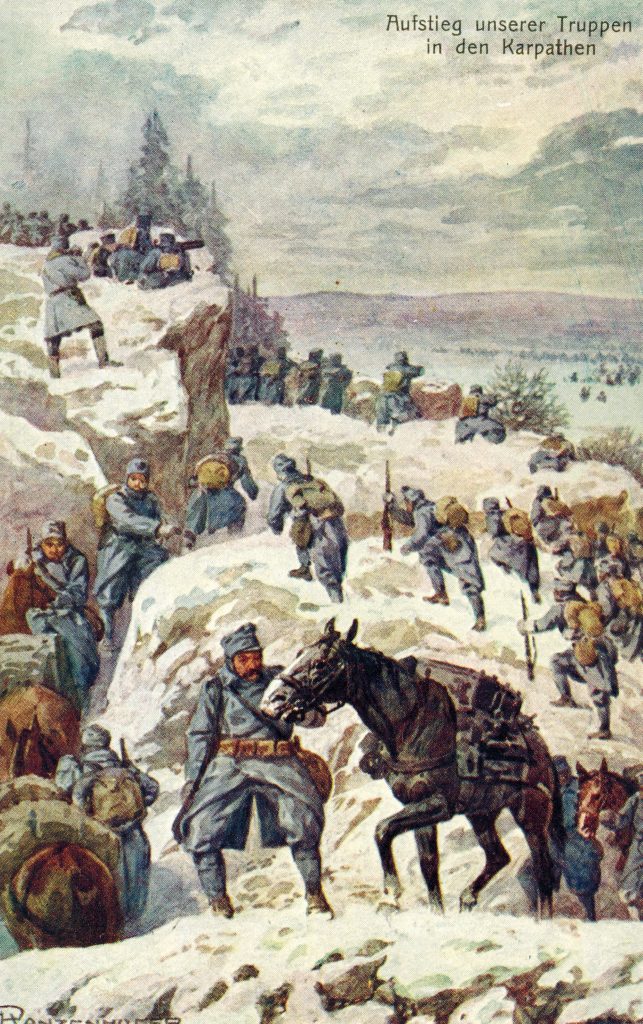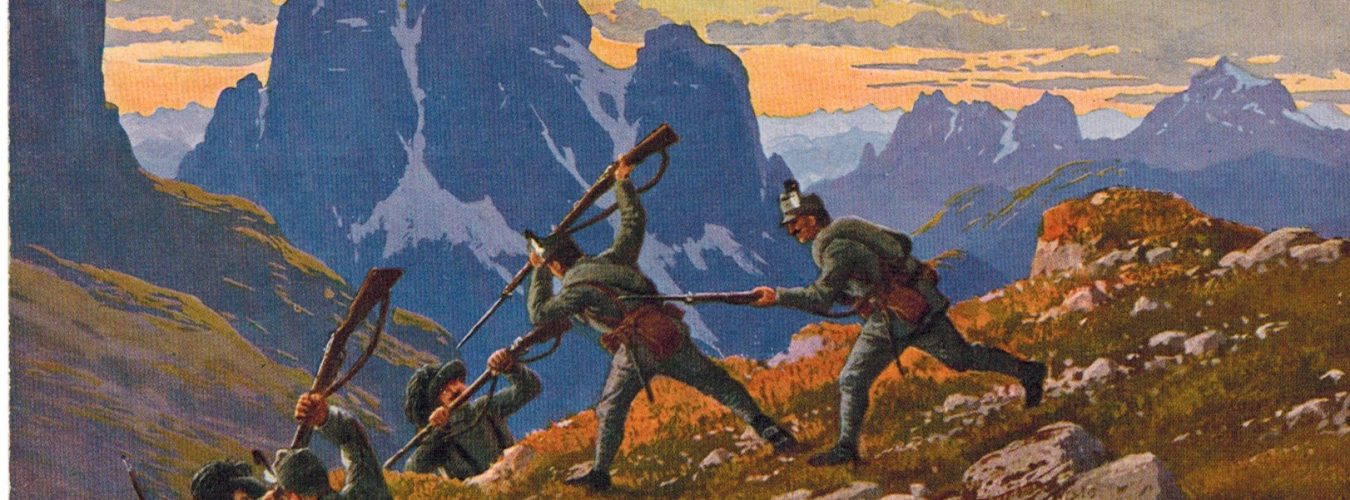Great War: Unknown War Lecture Series
Please see below our planned lectures from June 17 to February 18. All are welcome and these events are free to attend. If you would like to attend please register through Eventbrite using the links below.
The lectures will take place at the University of Southampton, details will be sent upon registration via Eventbrite.
GWUW 2017-18 Launch Event 28 June 2017
Keynote: British Imperial Armies in the Final Stages of the Global War (Gary Sheffield, Wolverhampton)
Please register for this event here.
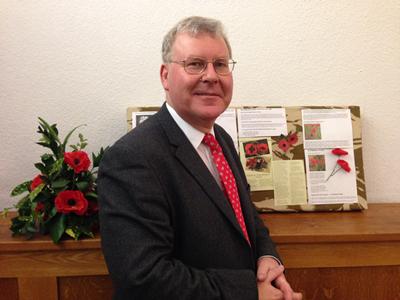
In 1918, the armies of the British Empire were engaged in war on a global scale. Men from places as diverse as Southampton and Sydney, Dublin and Delhi, were fighting on fronts as distant from each other as Belgium, Italy, Iraq and East Africa. In this lecture, Professor Gary Sheffield will examine both the composition of these forces and their military effectiveness. Finally, he asks what the campaigns of 1918 can tell us about the response of the British Empire to the demands of total war.
The Great War and Religion 19 October
Adrian Gregory et al, Oxford
War and Nationalisms in Revolutionary Russia 7 November
Claire Le Foll, University of Southampton & George Gilbert, University of Southampton
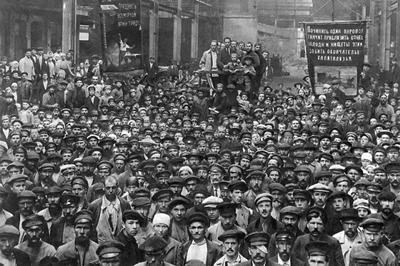
Workers at an election meeting in the Putilov Factory, Petrograd, 27 June, 1920. The banners read: ‘Long live the festival of the worldwide army of labour’ (left) and ‘mending one locomotive hastens the end of hunger and poverty, helping to kill off capitalism for good’, in David King, Red Star Over Russia (Tate Publishing, 2010).
Archaeologists at War 7 December
Tim Champion, University of Southampton
In 1914 there were few professional archaeologists in Britain, though more in Germany. This lecture will explore the varied roles played by these archaeologists in the war. Many of those with knowledge of Greece and the Near East, such as T E Lawrence and Leonard Woolley in Britain, were recruited to the intelligence services, or, like Theodor Wiegand in Germany, to monument protection. In many war areas, archaeological sites and historic monuments were disturbed, damaged or looted. On the Western Front, German archaeologists carried out several systematic excavations near the front line, while in Greece the French established an Army Archaeological Service for excavation, survey and protection. Many of the issues concerning historic monuments foreshadowed the more systematic arrangements made in later wars.
20,000 Feet above the Western Front: Britain’s Aerial War, 1917-18 22 Feb 2018
Adrian Smith, University of Southampton
April 1917 proved the deadliest month for the Allies in the air war waged against the Germans high above the trenches of Flanders and Picardy. Yet twelve months later the tide had turned, and, although the attrition rate remained high, the quality and quantity of air frames and aero-engines ensured the advantage now lay with the Royal Flying Corps and the Royal Naval Air Service. By 1918 British factories were supplying the future RAF with over two thousand aircraft every month, including the deadly SE5a, flown by battle-hardened pilots who embraced the new technology and pioneered a more combative approach to aerial warfare. Most influential were Albert Ball, and the working class air aces James McCudden and ‘Mick’ Mannock, on whom this lecture focuses. Air supremacy in the skies over the Western Front is seen as dependent on aeronautical innovation, industrial mobilisation, and front-line squadrons’ ruthless employment of fresh tactics rooted in harsh experience and unforgiving analysis.
Adrian Smith’s publications re British aviation include Mick Mannock, Fighter Pilot: Myth, Life and Politics (2001/2015) and The Man Who Built The Swordfish: the Life of Sir Richard Fairey, 1887-1956 (2018).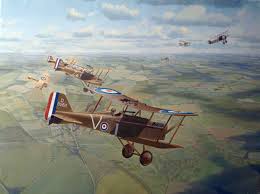
Further lectures are planned between March and November 2018, details to be posted here.
